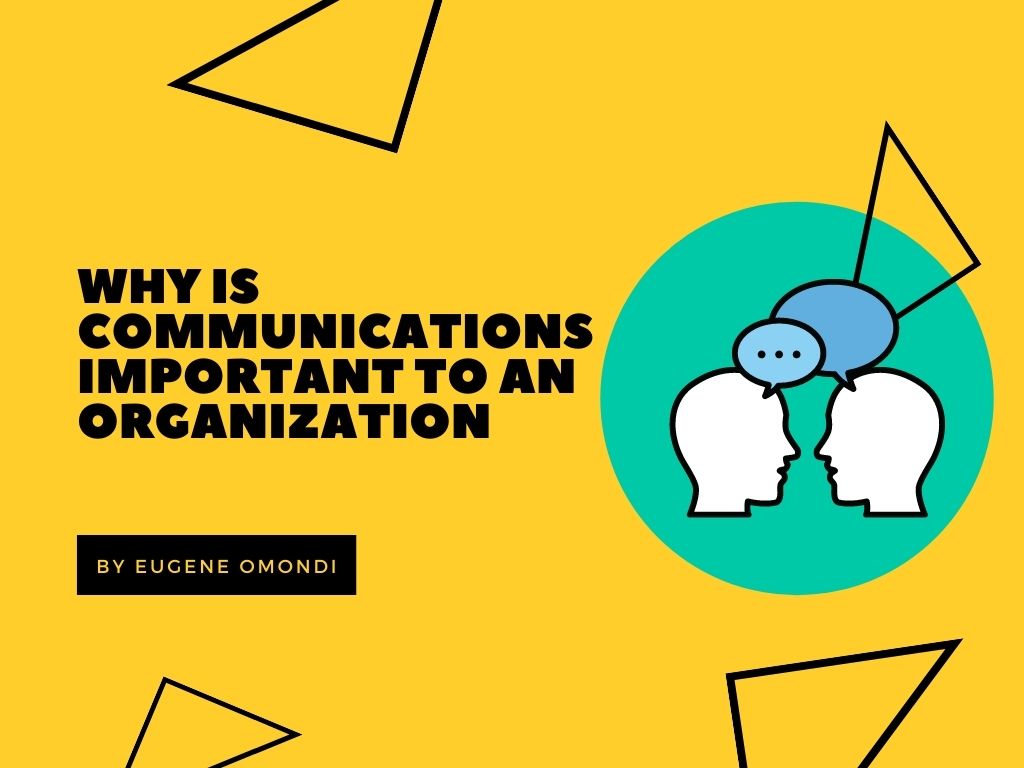The overall importance of communications is to improve the image of the organization to all the stakeholders involved. The communications strategy target is to create a positive image that allows the organization to maintain good relations with its stakeholders, improve its productivity, cut costs and minimize risks.
Communication is a key component to any organization as it promotes motivation within all stakeholders to engage with the organization. It allows internal and external stakeholders to make decisions on the information provided and allocate their time and resources towards engaging with the organization. For example, employees tend to work harder and more efficiently when they receive clear, concise and timely information about the tasks they have been assigned. They are motivated to complete the assignment and improve on their performance.
Communication provides a source of information to all stakeholders. Decisions on whether or not to engage with an organization depends on the information shared to stakeholders. Without a proper communications structure, stakeholders will depend on rumors and hearsay which will affect the company’s reputation.
Communication creates an environment where all stakeholders are free to socialize with the organization. Internal stakeholders will be able to communicate freely to each other and contribute towards the organization’s overall objectives because they have a clear image of what the organization stands for and where it is headed. External stakeholders will be able to trust an organization that provides constant information about its objectives, services, products and receiving timely responses to queries raised.
Communication promotes cooperation, peace and harmony between an organization and its stakeholders. Having good communication policies and procedures create an environment where all stakeholders feel free to share comments, compliments, queries, grievances, problems and suggestions. This allows stakeholders to know that they will be heard and they will be willing to engage and contribute towards an organization's overall objectives.
Communication also contributes towards establishing effective leadership. Stakeholders need to know where the organization is headed and the importance of their support and work towards actualizing the organization’s vision, mission and objectives.

Comments
Post a Comment